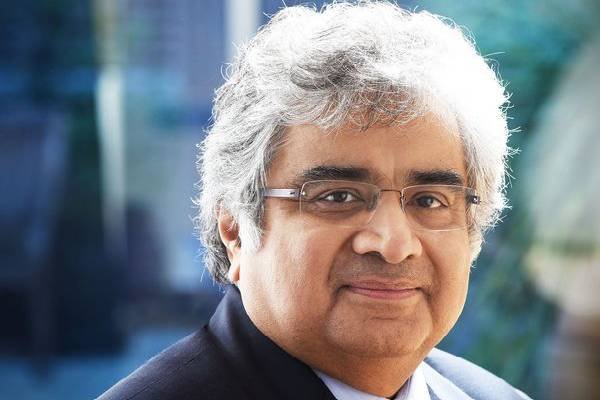The battleground for the Lok Sabha elections in West Bengal is set, with the Trinamool Congress (TMC) led by Mamata Banerjee and the Bharatiya Janata Party (BJP) gearing up for a high-stakes political showdown battle. With 42 Lok Sabha seats at stake, West Bengal holds significant electoral importance, making it a crucial battleground for both parties.
The political landscape in West Bengal has undergone significant shifts in recent years, with the BJP emerging as the principal challenger to the ruling TMC. While the opposition ‘INDIA bloc’ failed to materialize in Bengal, the state Pradesh Congress is still exploring the possibility of forming an alliance with the Left parties, with whom it had partnered during the 2021 state polls. However, an official alliance for the upcoming Lok Sabha elections is yet to be announced.
In the upcoming elections, the BJP is expected to rely heavily on the popularity and persona of Prime Minister Narendra Modi to woo voters in the state. Meanwhile, the TMC, led by Mamata Banerjee, is seeking to defend its turf and consolidate its position amidst growing opposition from the BJP, hence the battle.
Several key issues are likely to dominate the electoral discourse in West Bengal:
- Corruption: Allegations of widespread corruption within the Trinamool ranks have emerged as a potent weapon for the BJP. The party has accused the TMC of indulging in corrupt practices, leading to the arrest of several top TMC leaders on charges ranging from recruitment scams to irregularities in food grain distribution.
- Sandeshkhali and women voters: The recent violence and protests in Sandeshkhali, coupled with allegations of sexual abuse against TMC leaders, have tarnished the ruling party’s image. Mamata Banerjee, who has enjoyed strong support from women voters, now faces the challenge of addressing these allegations and retaining their trust.
- The ‘Bohiragoto’ tag: The TMC’s narrative of portraying the BJP as ‘outsiders’ and ‘Bengal-haters’ has been a recurring theme in the state’s political discourse. The BJP, on the other hand, seeks to counter this narrative by emphasizing its commitment to the state’s development and welfare.
- Central funds: The TMC has accused the central government of withholding funds earmarked for development projects in Bengal, leading to financial distress in rural areas. Mamata Banerjee has pledged to disburse funds from state coffers to address this issue, while challenging the BJP to a debate on the matter.
- Citizenship Amendment Act (CAA): Mamata Banerjee has vehemently opposed the CAA, accusing the central government of using it as a tool to target immigrants. The BJP, however, sees the CAA as a potential electoral advantage, especially among the Matua community in Bengal.
- Setting theory: The Left and Congress are likely to revive the theory of a “tacit understanding” between Modi and Mamata, alleging that the central agencies have been lenient in their investigations against TMC leaders. This issue is expected to feature prominently in their campaign.
In addition to these issues, both parties are likely to focus on other contentious issues such as the misuse of central agencies, law and order, and the politicization of the police and administration in Bengal. As the election campaign heats up, West Bengal is poised for a fierce electoral battle that will shape the state’s political landscape for years to come.














